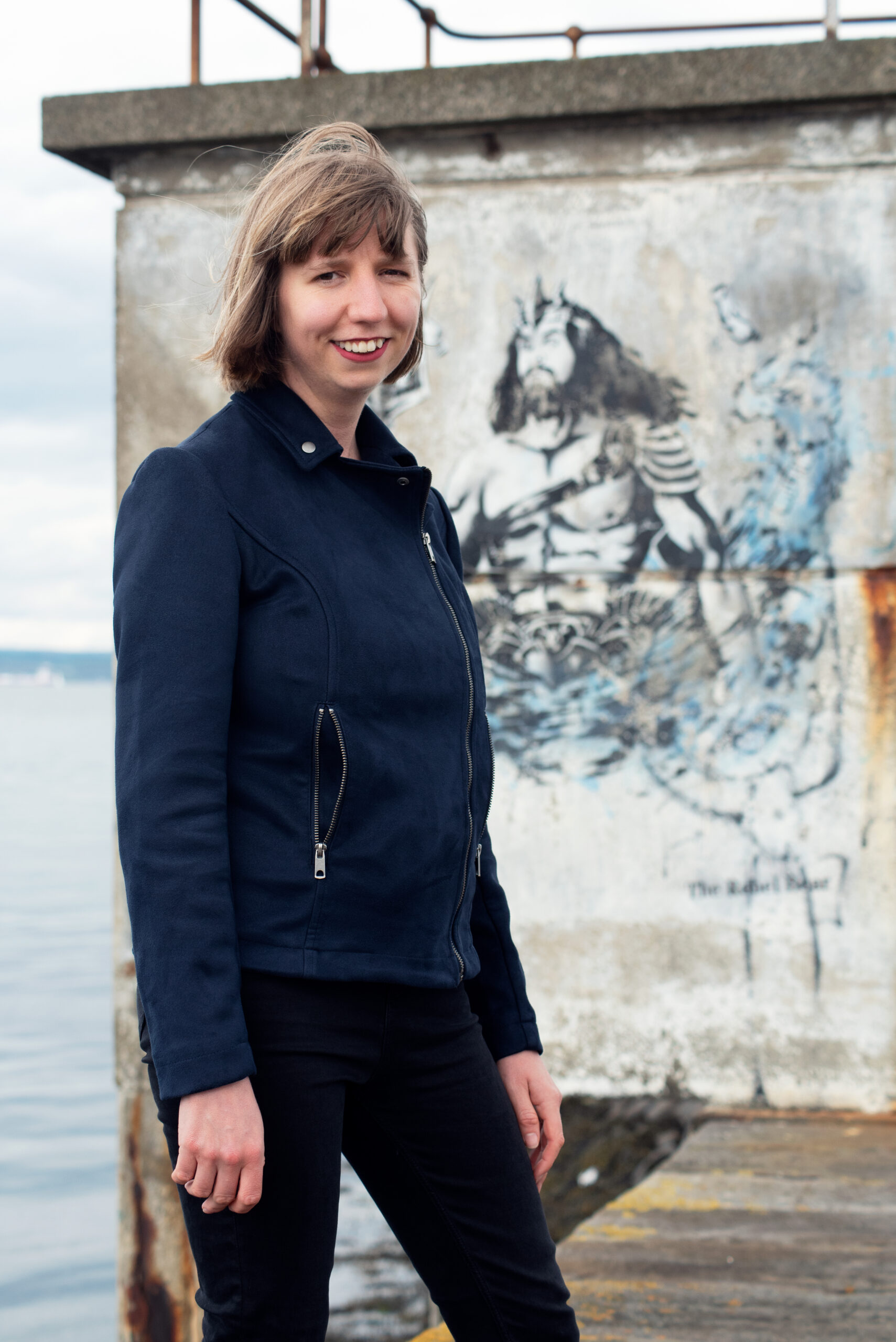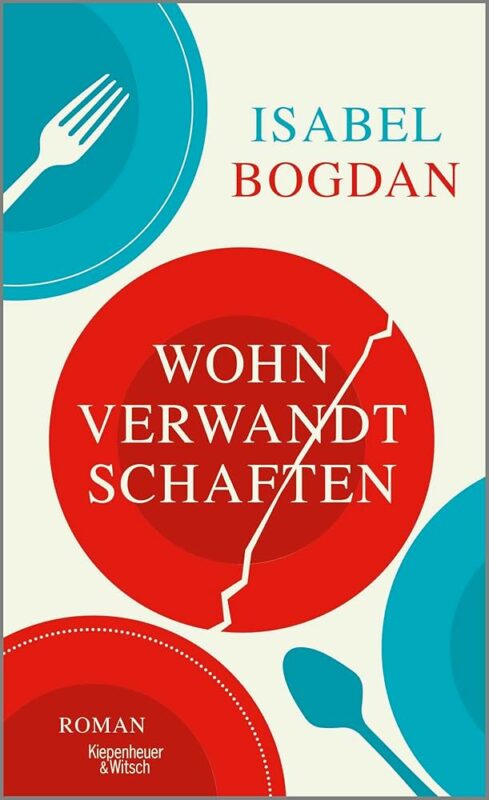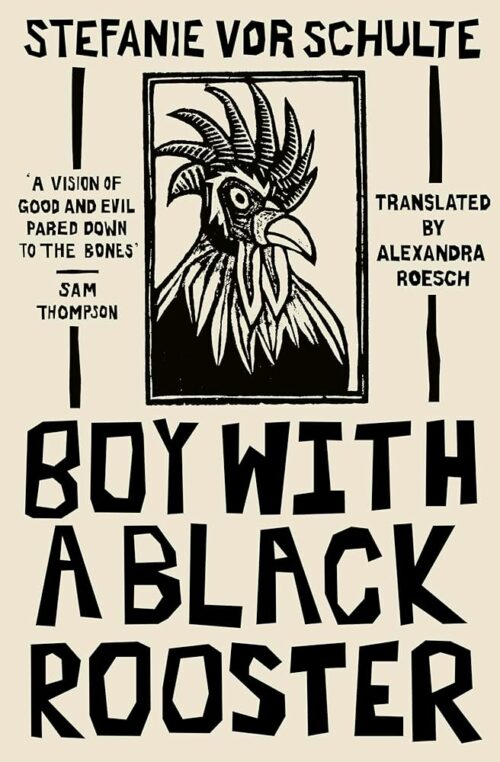
Continuing our annual series of translators on their favourite reads of the year, here is Annie Rutherford.
Isabel Bogdan: Wohnverwandtschaften
One of the things I love about Isabel Bogdan’s writing (which I, err, have spent quite a bit of time with – see The Peacock) is the way Isa draws her characters – endearing, slightly silly, full of quirks and contradictions – and above all how the relationships between these characters emerge and grow. So I was really excited when I heard the premise of her latest novel, Wohnverwandtschaften, in which four very different flatmates become something like found family. (I’m still puzzling over how I’d translate that pun of a title – Kiepenheuer & Witch’s foreign rights’ department have gone with The Four of Us.)

And oh, it is so lovely! And so heartfelt! And so sad but joyful but heart-wrenching but beautiful! (Isa, I have not yet forgiven you for that ending. Marketing team at K&W: your blurb did not prepare me.) You could be forgiven, I think, for underestimating this book when you start it – it begins gently, with short chapters, low stakes and Loriot references a plenty. But at its bold, beautiful, generous heart, Wohnverwandtschaften explores the questions which so many of us are grappling with at the moment: how do we build the communities of care that we want to live in? What if the way we want to live looks different to the image we’d always bought into? How do we care for each other for better, for worse, in sickness and in health when we aren’t partners or family – when, that is, neither society nor the state recognises the love that connects us?
Stefanie vor Schulte, tr. Alexandra Roesch: Boy with a Black Rooster
It’s always a delight when a book you’ve been wanting to read for ages proves to be just as good as you’d hoped it might be. I heard about Boy with a Black Rooster a good couple of years ago, when it was showcased by New Books in German, and was instantly sold on the premise: a fairy tale for adults with a child with a heart of gold, a wicked princess and, of course, a quest. I finally got my hands on a copy of the book this summer, when it came out in Alexandra Roesch’s evocative translation, and I devoured it in one afternoon sitting, curled up with a blanket and a hot chocolate.

The book follows Martin, the aforementioned gold-hearted child and one of the few characters to be granted a name, as he travels through a war-torn pseudo-medieval land, on the hunt for the children who have been going missing from villages. His meandering, often interrupted quest has hints of Hans Christian Anderson and Angela Carter. This is not, to be clear, an entirely happy tale (what true fairy tale is?), but – evocative, dreamlike and immersive – it gives the reader all the satisfaction of a really good story, beautifully told.
A writer, translator and project leader, Annie Rutherford makes things with words and champions poetry and translated literature in all its guises. Her current projects include Que(e)ry Points, a psychogeography walk about queerness, disability and landscape in Dorothy Wordsworth and Annette von Droste Hülshoff. She translates mostly from German, as well as from French, Russian and Belarusian. Her published translations include collections by poets Nora Gomringer and Volha Hapeyeva, as well as Isabel Bogdan’s novel The Peacock. She is currently translating Annette von Droste Hülshoff’s novella, The Jew’s Beech.